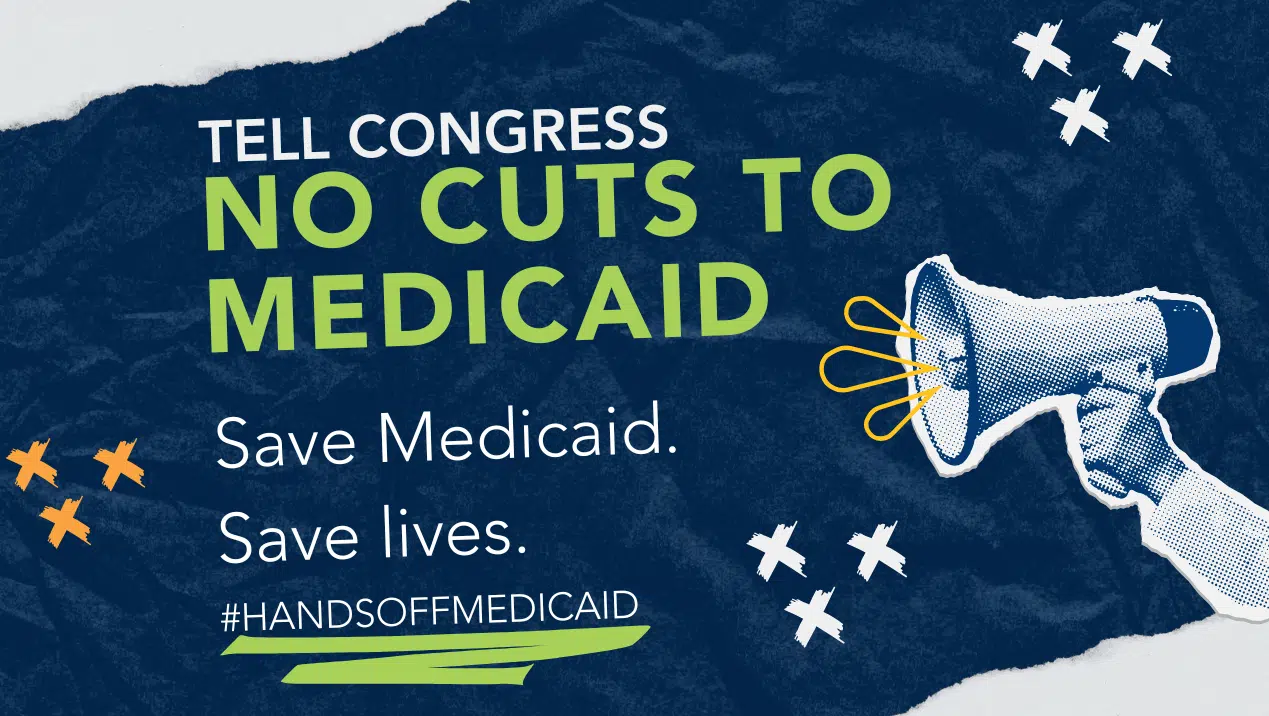Take Action: Tell your senators to reject harmful cuts to health care!
Hiking Medicare Costs for Some Undercuts the Medicare Promise

Congress is trying to pass a new budget this week that includes many important Medicare provisions. One of these provisions is a worrisome extension of past practices: increasing the amount some people must pay for their Medicare benefits.
The new budget deal would increase premiums for those with incomes above $500,000 per year. While it is true that such earners are a very small segment of the Medicare population and can afford to pay more, it is also clear that this continues a pattern of weakening the universality of the program.
Medicare guarantees access to health care for older adults and people with disabilities if they have paid into the system. Some policymakers support turning Medicare into a completely means-tested or low-income program by raising premiums further or cutting benefits for people above a certain income level. But this breaks the fundamental promise of the Medicare program—that those who contributed during their entire working lives are guaranteed access to health care later in their lives.
Importantly, Medicare is already means tested in various ways. Unlike the Social Security payroll tax, the Medicare tax does not have a cap. This means that higher-income earners pay into Medicare no matter how high their incomes go. The more someone earns, the more they pay into Medicare. In addition, some higher-income earners have a 0.9% payroll surcharge during their working lives. This is on top of the higher payroll tax. The threshold for this additional Medicare tax is $200,000 for single filers and $250,000 for a married couple filing jointly.
And there is already a higher premium on those who earn more. Medicare Part B premiums as well as any Part D (prescription drug coverage) premiums are higher for individuals earning more than $85,000 per year, or $170,000 for a couple filing jointly.
Together, all of these policies mean that higher-income people with Medicare pay more for their Medicare benefits than lower-income people do. It is also important to recognize that the sicker a Medicare beneficiary is, the more expensive their care will be. For those with serious and chronic illnesses, middle incomes can already fall short and even higher incomes can start to become inadequate. Instead of looking to make people with Medicare pay more, the focus should be on bringing down the costs for everyone.
By denying people the benefit they have been promised, this means testing undermines the Medicare guarantee and chips away at the consistent, broad-based support for the program and may cause some to drop Medicare entirely.
Medicare remains an overwhelmingly popular benefit, as consistently demonstrated in public opinion polls regardless of age, income level, or political affiliation. American families are supportive of preserving Medicare because they know its value—as a cornerstone of health and economic security. Further means testing would snatch some of that value away from people who are counting on Medicare to be there for them.
This article made possible by generous support from the Retirement Research Foundation.
Show Comments
Help Us Protect & Strengthen Medicare.
Donate today and make a lasting impact.
The Latest
Most Read
Add Medicare to Your Inbox
Sign up to receive Medicare news, policy developments, and other useful updates from the Medicare Rights.
View this profile on InstagramMedicare Rights Center (@medicarerights) • Instagram photos and videos









